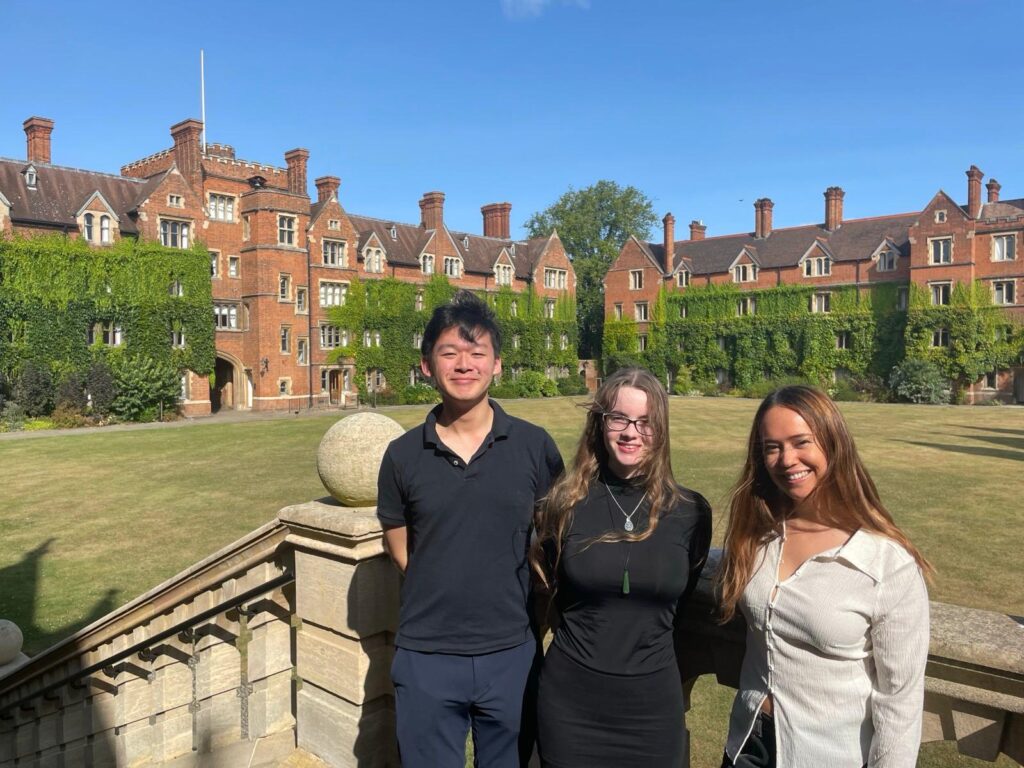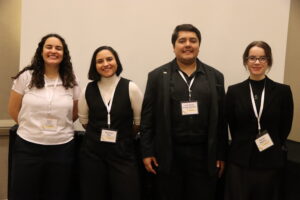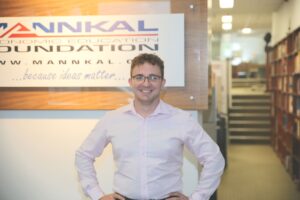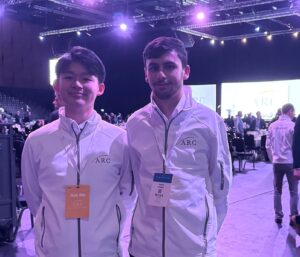Freedom Week was an exceptionally insightful experience, unlike any other educational program I’ve undertaken. One of the highlights was a lecture on Paternalism by Christopher Snowden, where we delved into the distinctions between soft and hard Paternalism. Dr. Snowden offered a unique perspective, particularly his argument that smoking does not necessarily burden the healthcare system financially. He suggested that since smoking often shortens life expectancy, it may reduce the long-term costs associated with old age care, which is typically more expensive. As someone born in Singapore, a country known for its paternalistic approach to public health, I found his arguments both provocative and intriguing, especially given the successes Singapore has had in reducing unhealthy behaviours through government intervention.
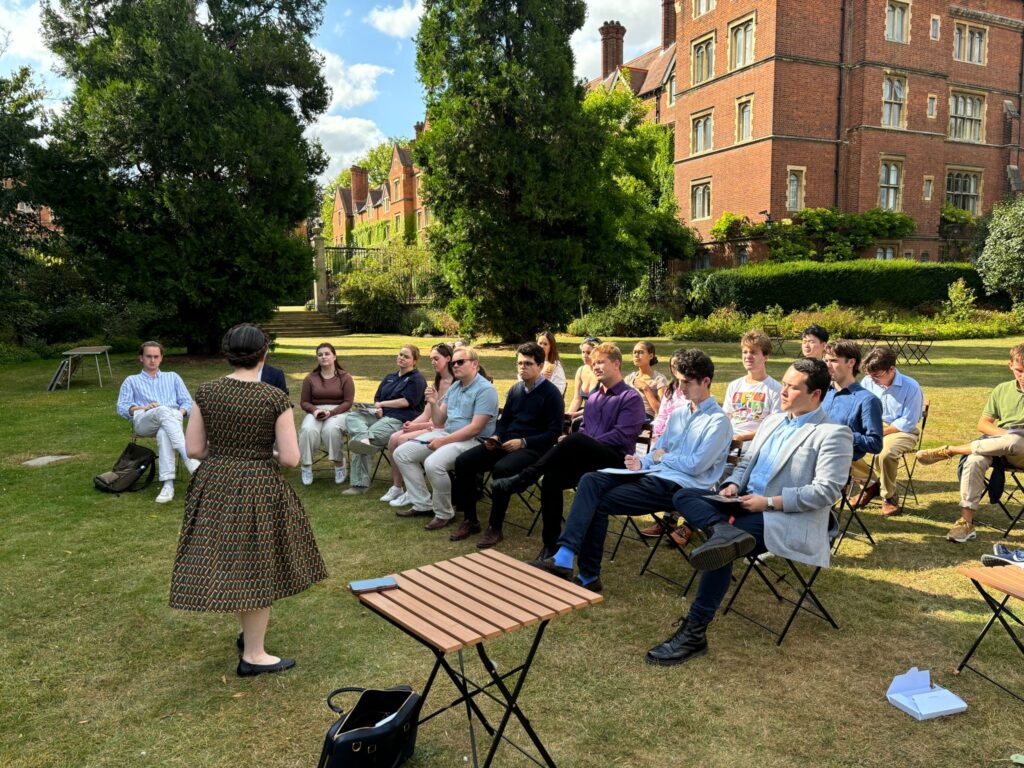
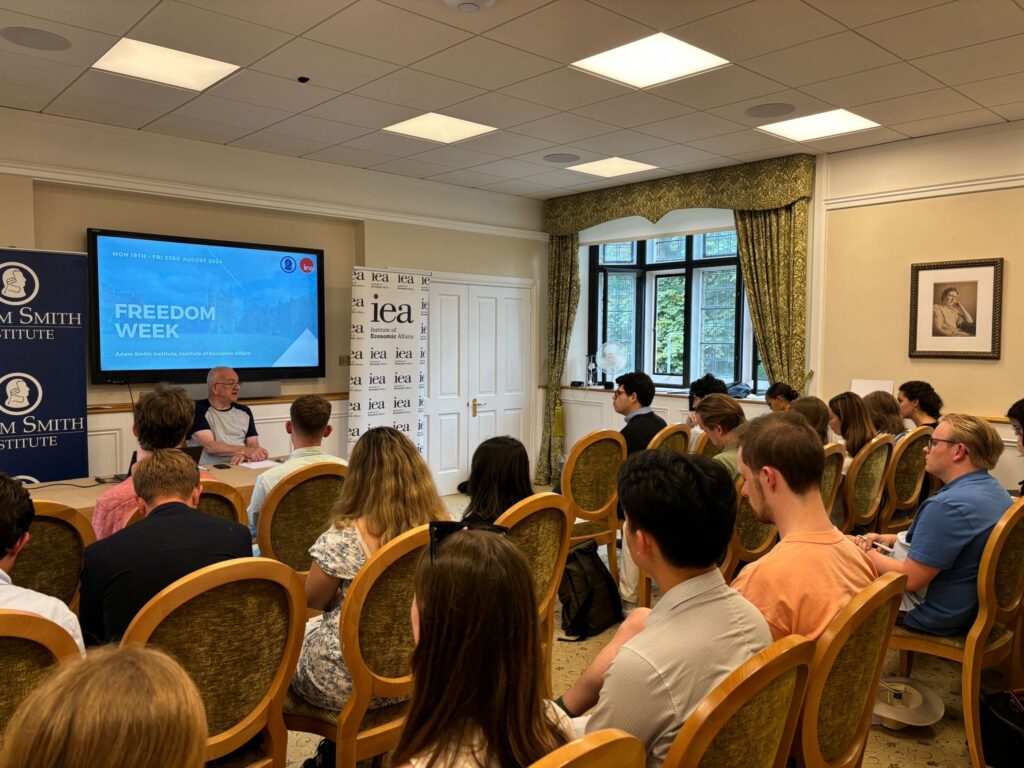
Another highlight of the week was participating in debates. We had just twenty-five minutes to prepare arguments on randomly assigned, controversial topics. My debate centered on whether businesses should have the right to refuse service based on personal beliefs, even if it results in discrimination. Although this was not an issue I had previously considered deeply, the debate quickly revealed why it remains so contentious. The discussions laid the groundwork for further conversation, which continued enthusiastically later at the pub, where we debated whether government intervention is necessary or if the market would naturally correct discriminatory practices by driving customers to competitors.
One of the most thought-provoking discussions during the week was about the role of government in both fostering and hindering entrepreneurship, a topic highly relevant to Australia. We explored the potential of a wildlife economy and how government regulations in Africa have restricted its development. These insights are applicable to Australia, where government regulation can also act as a barrier to innovation. Regulatory environments for new innovations can be unclear and create uncertainty for new businesses. This has occurred with regards to peer-peer lending when it first emerged, as well as Uber. A regulatory environment that helps to promote entrepreneurship within Australia should be a key goal of the government, as it can drive productivity, create jobs, and stimulate economic growth.
Encouraging entrepreneurial ventures—especially those focused on sustainability and emerging technologies—can position Australia as a leader in the global economy. This vision aligns with the mission of the Centre for Entrepreneurial Research and Innovation (CERI), which strives to empower early-stage entrepreneurs to create a brighter future for Western Australia. By fostering a supportive regulatory environment, CERI and the government can work in tandem to help Western Australia’s economy thrive.
Beyond the academic sessions, I thoroughly enjoyed the social activities, which provided the opportunity to engage with people from around the world and hear diverse perspectives. Topics ranged from surrogacy laws in Italy to gun laws in Canada. This experience has broadened my awareness of global issues and encouraged me to follow international politics more closely, rather than focusing solely on the Asia-Pacific region. I also hope to maintain the connections I made with fellow students.
Overall, Freedom Week provided an unparalleled opportunity to engage in a melting pot of diverse ideas, where contemporary liberal issues were debated openly. The IEA, ASI, and the other participants created an environment that fostered honest dialogue between professors and students. Without this experience, I would have missed out on forming strong connections with people from around the world, punting on the river running through colleges with alumni like Stephen Hawking and King Charles, or debating British immigration policy over a traditional British cider with local students.

